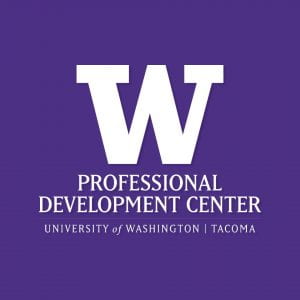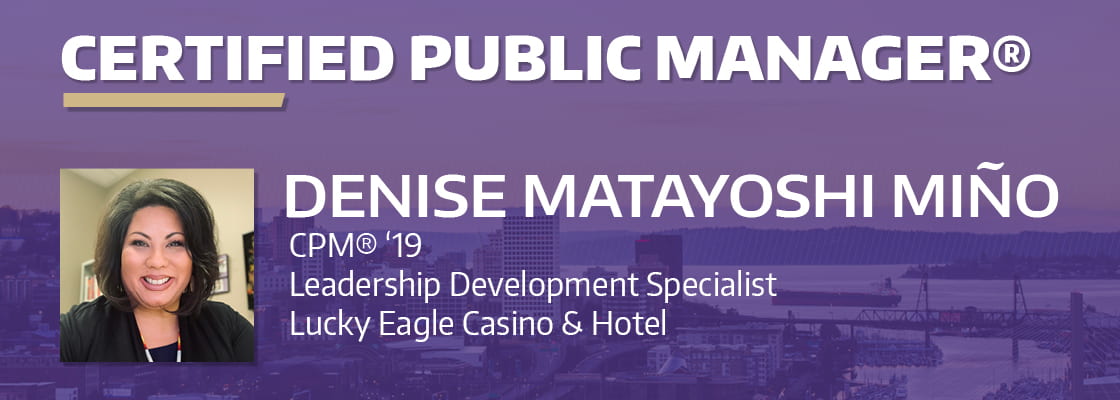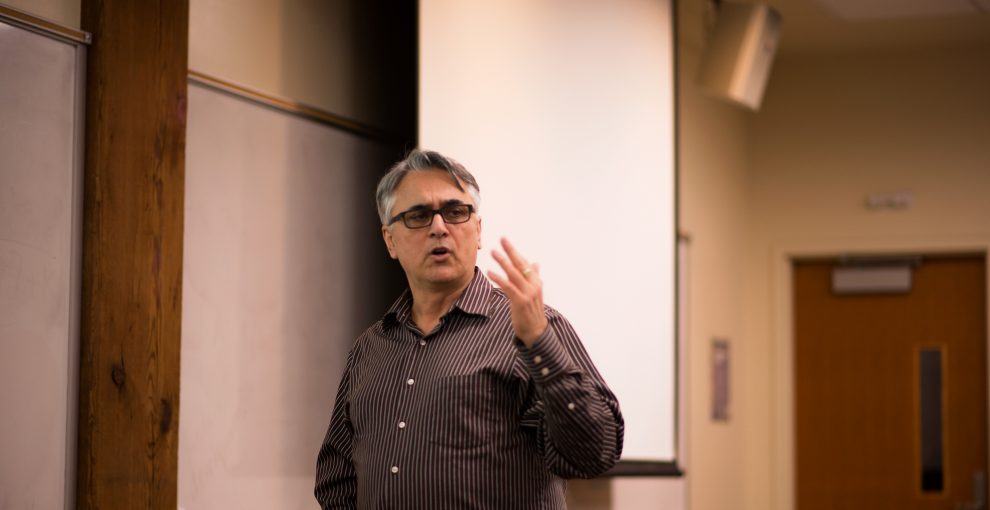It’s no secret that funding can be a hot-button topic in the public sector. Money is a finite resource in most organizations but, unlike in the private sector, there is the added weight of responsible stewardship of what is essentially a public resource.
So how do you make your request for professional development support stand out and resonate with leadership?
Do Your Research
Make sure you know your organization’s policies and priorities:
- Has the organization publicly committed to developing itself in certain areas, like DEI, process improvement, or promoting from within?
- Are there certain credentials or degrees that are required to move up in your organization?
- Has anyone else in your organization gone through the program you’re interested in and shared their experience?
- Is your organization a member of WCIA, which includes CPM® as one of their reimbursable programs?
You may also want to make notes on the audience you’ll be “pitching”, so you can frame your request in the most effective way:
- Are they generally supportive of funding professional development?
- Do they prefer to have everything sent and reviewed by email, discussed verbally, or a combination?
- Do they have the final authority to approve your request or do they need to send it somewhere else?
Define Your Personal “Why”
Stating that you’d like to participate in a development program may be enough for some supervisors but, for most, you’ll want to be a bit more specific.
Examples of personal “why”s for the CPM® might include:
- Smoothing your move from private industry to the public sector
- You want something more in-depth but don’t have time for a graduate degree
- The WA CPM® allows you to attend most sessions virtually, which allows you to attend to home and work responsibilities with less disruption
- You already have an MPA but it didn’t include practical management and leadership skills
Define Your Organization’s “Why”
Why should your organization support you? What will they gain? This is an opportunity to connect your organization’s priorities and processes to the features and benefits of your program of interest.
Examples of organization “whys” for the CPM® might include:
- Alignment with Results Washington and the State’s Lean initiatives
- Rewarding high-performing employees when raises aren’t available
- The per-hour cost of the CPM® is comparable or less expensive than workshops and programs through DES and other providers but has the added benefit of an embedded Lean Six Sigma Green Belt (value: $2,000)
- Having a bench of trained leaders in waiting will smooth transitions and reduce learning curves when employees retire
Prepare Your Pitch
Here is where you bring the research together with the “why”s you identified to make your case. The format this takes may vary depending on your audience and specific situation, but here a two example pitches for the CPM® program.
Example Email Request
Hello Joaquin,
I’ve been thinking about areas in which I could grow and improve the service we provide to the community. While my experience in the private sector has proven really valuable, I know that I could provide better support to my team and be more effective with a stronger foundation in how everything works in the public sector.
I believe the Certified Public Manager® program is the best way for me to develop these skills and advance our work.
- The CPM® core competencies align with our agency’s values: public service focus, pursuing continuous improvement, providing high-quality support to stakeholders and team members, and embracing equity and inclusion.
- The hybrid format will allow me to take an in-depth program without having to spend a lot of time away from the office. There are only 4 days I would need to go to University of Washington Tacoma throughout the year.
- I can share what I learn in the program with my team, creating an environment where we all understand the “big picture” of the work we do.
I know our deadline for approving funding requests is coming up soon – can we meet to discuss further?
Example of Notes for a Meeting
- Thank Shawnta for continuing conversations about what support I need to be successful
- Explain my “why”s
- We’ve identified some big changes coming up and I want to be well-prepared to handle them
- Adding additional people to my team has made me realize I need more tools for managing groups, coaching, and creating an inclusive environment
- Explain why the CPM® is a good fit for me and the org
- I want something in-depth and holistic but already have an MPA
- Family responsibilities make it hard for me to go to a campus weekly or travel for training but I don’t want to do a self-paced program like LinkedIn Learning or Coursera – the CPM®’s hybrid program lets me learn mostly from home but still have connections with colleagues and instructors
- I could work on one of our actual change initiatives for the Lean Six Sigma Capstone project in the program
- What are the next steps? Shawnta’s questions? Maximum reimbursement?
If you need additional help developing your “pitch” for leadership, our Certified Public Manager® program manager (Saralyn Smith, smithpdc@uw.edu) is happy to help!




